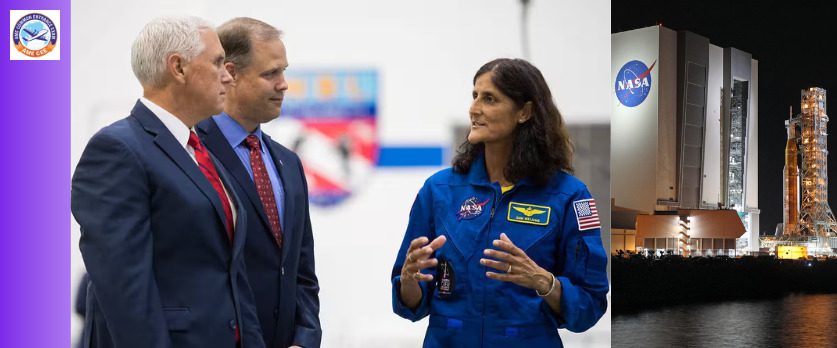Pursuing a Career at NASA from India: A Comprehensive Guide
The National Aeronautics and Space Administration (NASA) is a globally recognized space agency with a reputation for pioneering space exploration and scientific discovery. While NASA primarily hires U.S. citizens, there are ways for individuals from masterarbeit ghostwriter other countries, including India, to contribute to NASA’s missions. Here’s a detailed guide on how you might pursue a career at NASA from India:
Educational Qualifications
Obtain a strong educational background in a relevant field. NASA typically looks for individuals with degrees in engineering, hausarbeit kaufen, physical sciences, computer science, mathematics, or related disciplines.
Consider pursuing a master’s or Ph.D. for more advanced roles and opportunities.
Relevant Degrees
Degrees in aerospace engineering, mechanical engineering, electrical engineering, astrophysics, astronomy, planetary science, computer science, or similar fields are valued by NASA.
Gain Research Experience
Engage in research projects related to space science and technology during your academic studies.
Contribute to publications, attend conferences, and build a strong research profile.
Internships and Fellowships
Participate in internships or fellowships, either in India or internationally, that align with NASA’s research areas.
NASA offers various internships, including the NASA Internship Program and international opportunities.
Build Technical Skills
Develop technical skills relevant to NASA’s projects. This could include programming languages, simulation tools, data analysis, seminararbeit-schreiben-lassen.de, and spacecraft systems.
Networking
Connect with professionals in the space industry, including those associated with NASA. Attend conferences, workshops, and events to expand your network.
Utilize online platforms like LinkedIn to connect with NASA scientists and engineers.
Stay Informed
Stay updated on NASA’s missions, projects, and research priorities. Familiarize yourself with the agency’s goals and future plans.
Language Proficiency
Develop strong English language proficiency, as it is the primary language used at NASA.
Apply for Opportunities
Monitor NASA’s official website and job portals for open positions. NASA regularly advertises job opportunities, internships, and fellowships.
Follow the specific application procedures outlined by NASA for each position.
Consider Collaborations
Explore collaborations between Indian space agencies (ISRO) and NASA. Collaborative projects may provide opportunities for professionals to work together.
Contribute to Global Space Community
Participate in international space forums, workshops, and collaborative projects. Being an active contributor to the global space community enhances your visibility.
Explore Collaborative Research Programs
Some research programs and projects involve collaboration between international scientists and NASA researchers. Explore opportunities to contribute to such collaborative efforts.
Be Patient and Persistent
Pursuing a career at NASA may require persistence and patience. The competition is intense, and opportunities may be limited, so stay committed to your goals.
Consider Graduate Studies in the U.S.
Pursuing higher education in the United States, especially at institutions with strong ties to NASA, can enhance your chances of being involved in NASA projects.
Legal Requirements
Be aware of legal requirements related to employment in the U.S. Non-U.S. citizens may need specific visas or work authorization.
Conclusion
While direct employment opportunities for non-U.S. citizens at NASA are limited, contributing to space science and technology, gaining relevant expertise, and building a strong professional network can open doors to collaborative projects and research initiatives. Collaborations between space agencies, international research programs, and advancements in technology have made it possible for individuals worldwide to contribute to the global space exploration community.
To become an aircraft maintenance engineer you may could join AME engineering through AME COMMON ENTRANCE EXAM (AME CEE) this examination you may join AME engineering approved by DGCA, EASA or UGC.


